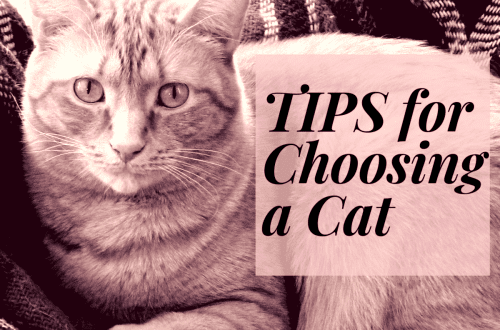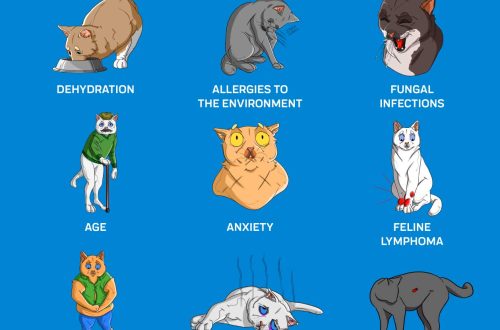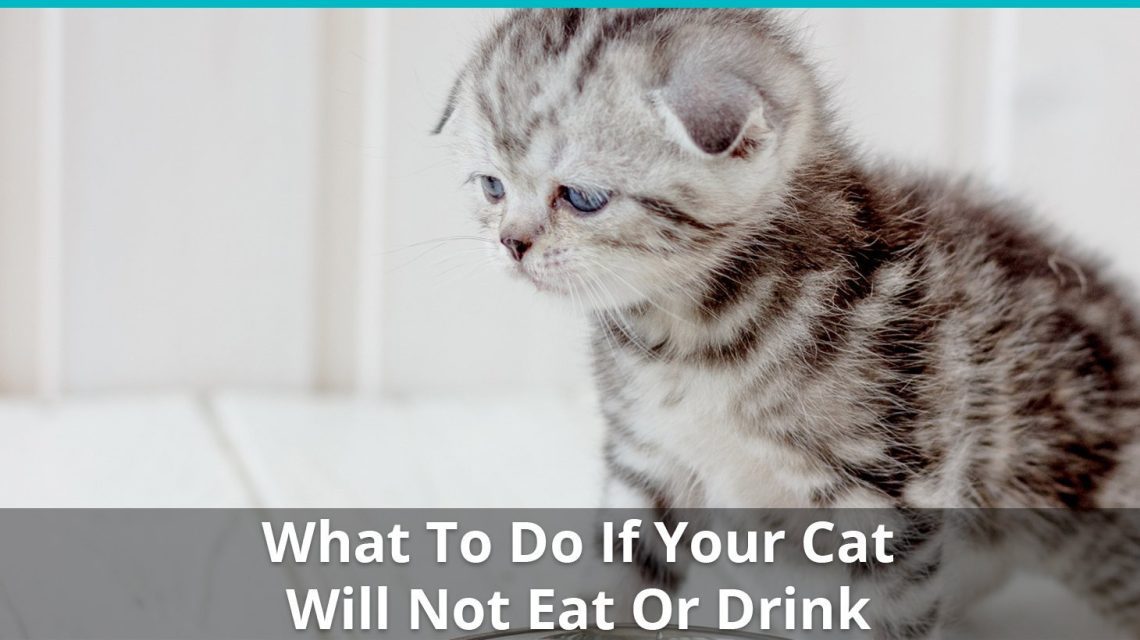
The cat does not eat anything: how to help her
Sometimes it can be hard to tell a cat’s picky eating habits from a serious health problem. Changes in the behavior of pets usually cause anxiety among owners, but if you find out in time why the cat is not eating, you will quickly be able to normalize its nutrition and eliminate health problems.
Contents
Why the cat does not want to eat
It’s true – cats love good food. Food is at the top of the charts of their favorite activities, along with sleeping, playing and trying to get the attention of the owner. But nutrition is also a major survival factor, without which a cat’s health can quickly deteriorate.
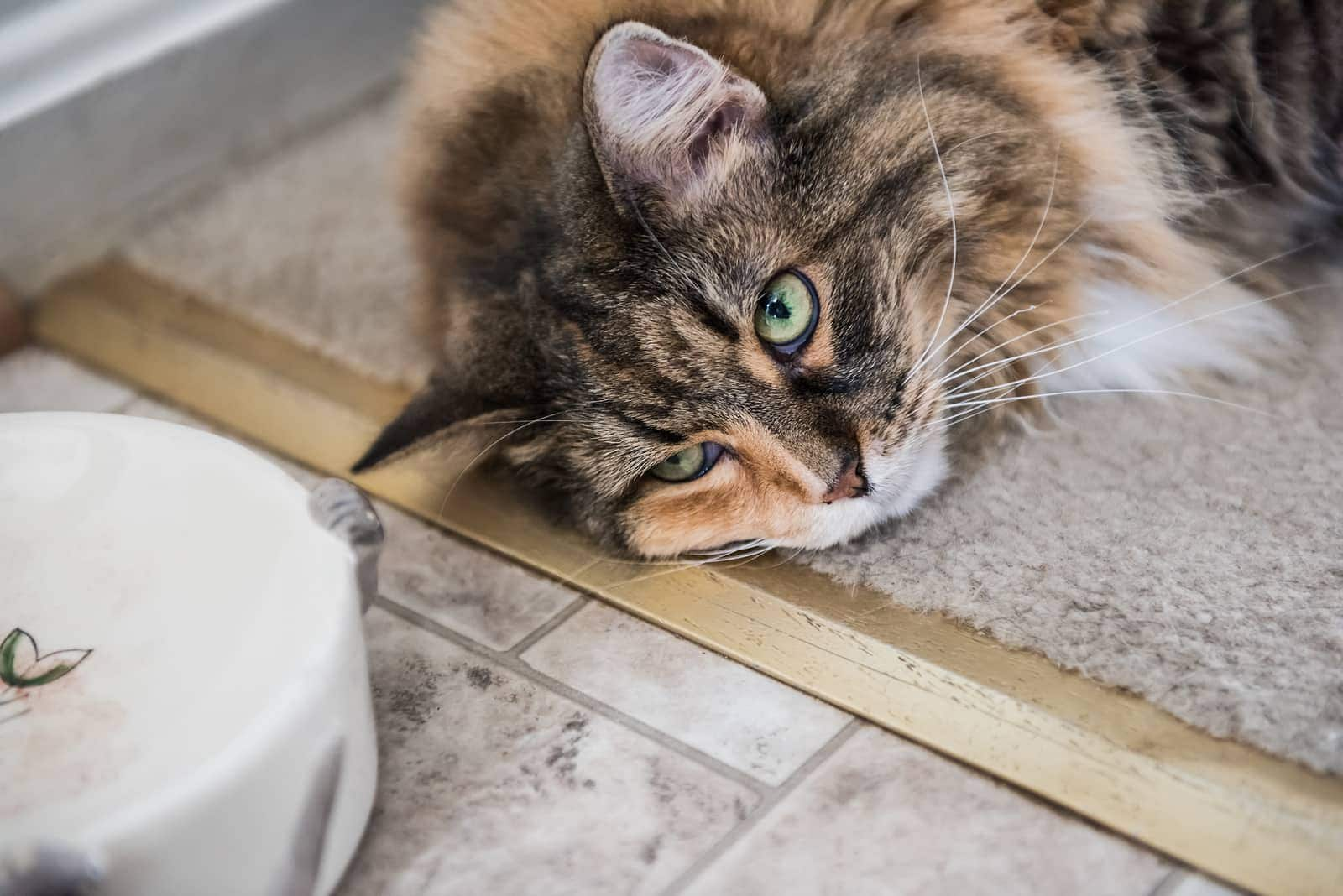
Fry food
Cats are creatures of habit and are usually resistant to change, especially when it comes to nutrition. The cat may become stubborn if the owner has recently changed food. Maybe she doesn’t like the new taste. The pet cannot go without food for a long time, so in the end she will eat what is offered to her. But if the cat does not eat for several days or at least a day, it’s time to check other reasons for refusing to eat.
Environment
These cute creatures can be surprisingly stubborn if they are unhappy with their surroundings. “Cats may go on short hunger strikes to protest against some external condition, such as the presence of guests in the house,” notes Animal Planet. “If that’s the case, don’t worry. Very soon, your furry friend will again gobble up his food for both cheeks. Other changes in the environment can also affect a cat’s eating habits, such as moving to a new home or having a new pet or child in the family.
Disease
Digestive problems such as constipation, colitis, and an inflammatory bowel disease called chronic inflammatory enteropathy stress your pet’s body, leading to loss of appetite, gas, vomiting, and diarrhea.
Other internal pathologies that cause a cat not to eat include kidney disease and dental problems. Oral problems, including dental conditions, tumors, infections, or mouth injuries that make chewing difficult or otherwise uncomfortable, can lead to food refusal. Make sure that the veterinarian conducts a comprehensive examination of the animal at each appointment.
Since the disease can only be diagnosed by a veterinarian, any unusual or significant changes in the cat’s health should be contacted by a veterinary clinic. If the cat does not eat food, prefers to chew only on one side, you should take it to a veterinary dentist for examination.
How to make a cat eat
If your cat isn’t eating or drinking out of harm’s way, you can try expanding her food preferences by exploring flavor combinations and reducing the amount of treats. New foods should be introduced gradually to help her get used to the new tastes and textures. Particular attention should be paid to what kind of food she eats, since not all cat food ingredients are the same.
As Ariel Mosenko, a European College of Veterinary Science graduate veterinarian, told Petcha, you should never force a cat to eat. The compulsion to eat or swallow can create negative associations with the process of eating and further increase the reluctance to approach the food bowl. You need to try to make sure that the cat does not go on a hunger strike at all. Preparing her for house parties ahead of time and carefully planning her introductions to new pets will help her cope with the changes ahead and keep her appetite going.
It is necessary to consider not only what the cat eats, but also where it eats. “Cats can be picky about where they eat. Keep in mind that fuss, noise, the presence of other animals, dirty food containers, or being too close to a litter box can deter your cat from eating,” says Cornell Feline Health Center. Even seemingly minor changes can cause stress in your pet, so it is important to allocate special places at home where she can eat in peace.
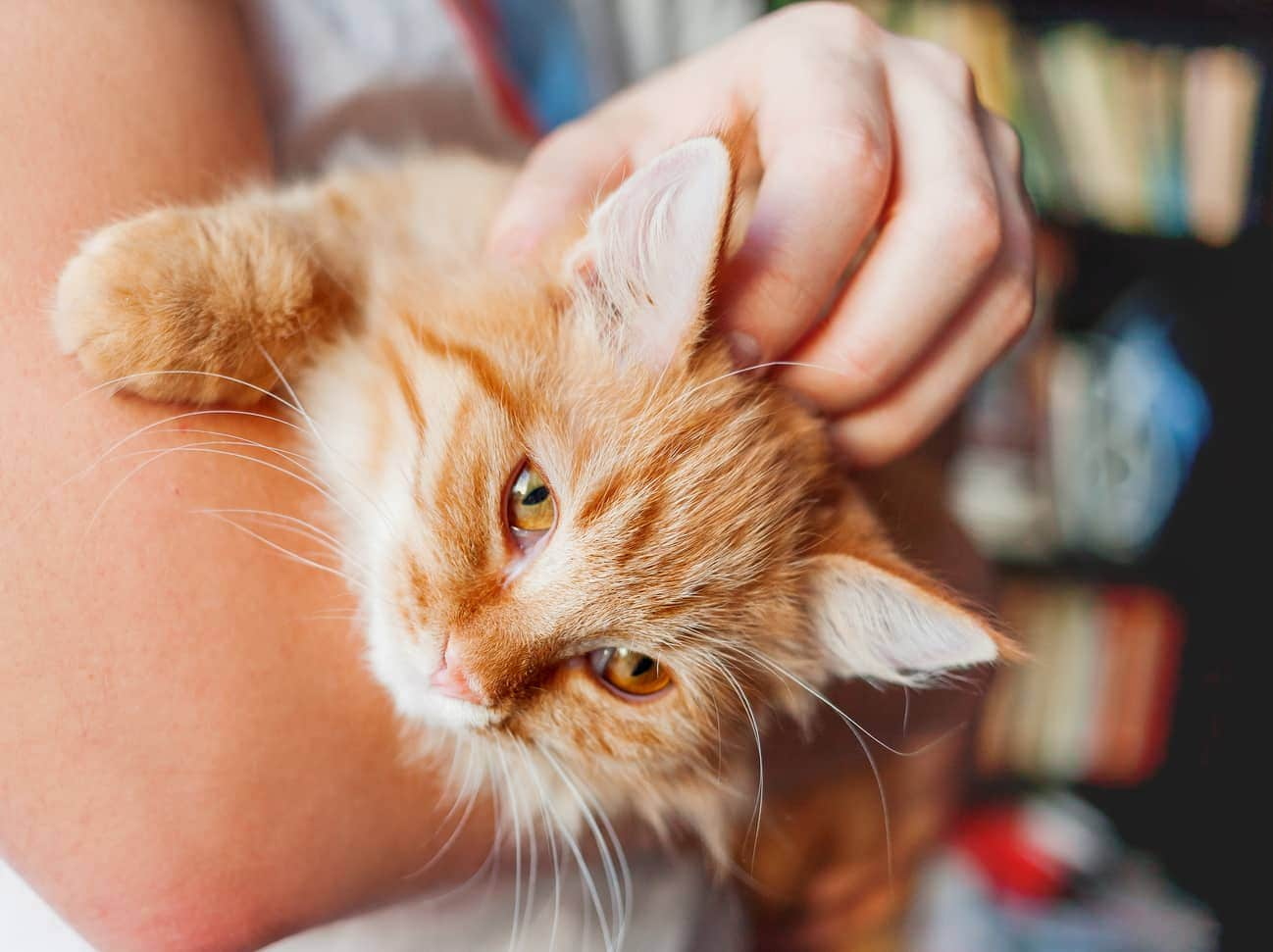
When Should You Call Your Veterinarian?
Every pet owner should take note of the following solid rule: if in any doubt, call your veterinarian. To keep your cat healthy, it’s best to play it safe.
If there has been a sudden or gradual change in the behavior of the cat, you should contact a specialist. Cat refusal to eat can be a significant symptom, especially if more than a day has passed since the last meal. If the cat really needs treatment, it is best to find out as soon as possible.
Knowing the causes of your cat’s loss of appetite and advice on how to help her eat can help you become even more involved in your pet’s health. It is important to be an attentive and sensitive owner, and then the cat will respond in kind.



